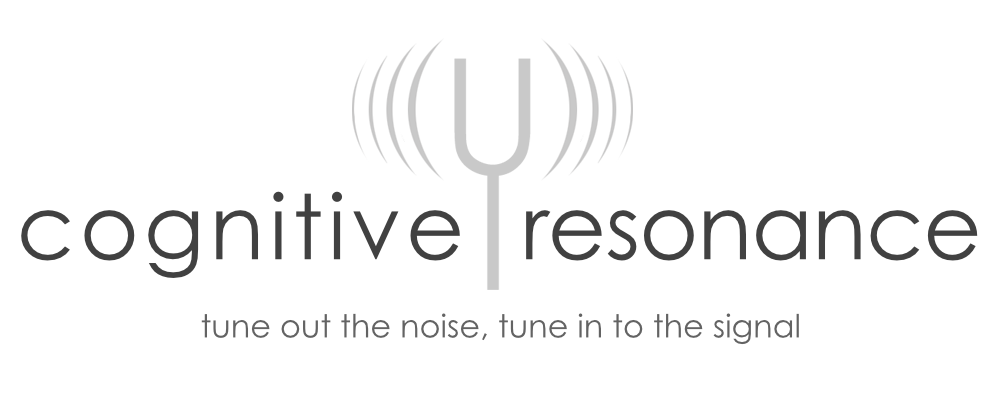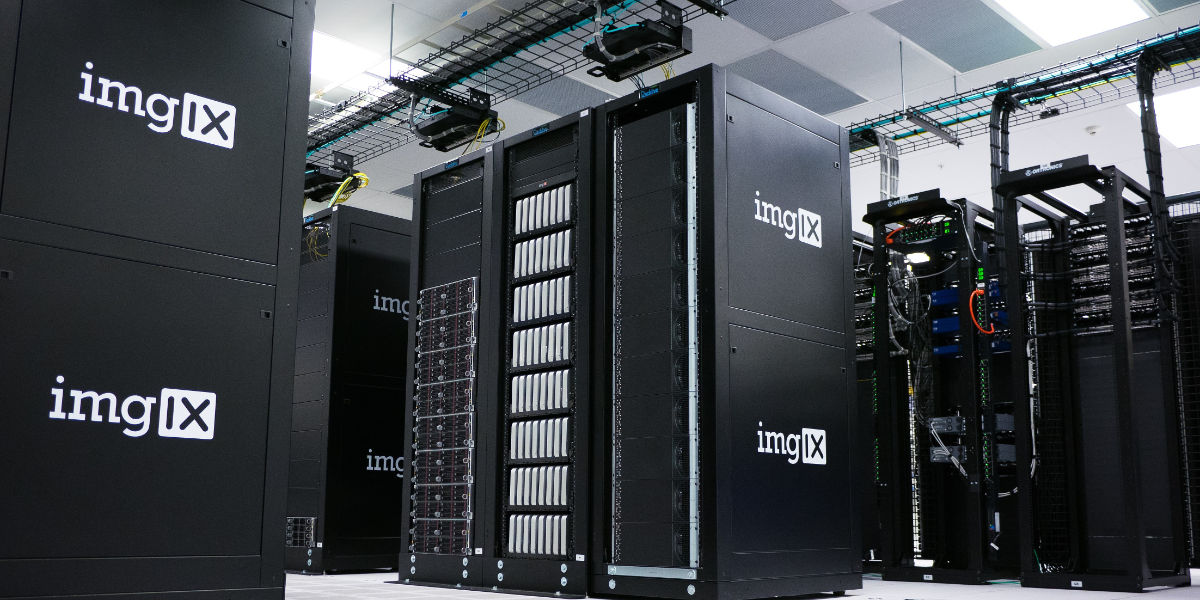Algorithms are meaningless without good data. The public can exploit that to demand change.
Every day, your life leaves a trail of digital breadcrumbs that tech giants use to track you. You send an email, order some food, stream a show. They get back valuable packets of data to build up their understanding of your preferences. That data is fed into machine-learning algorithms to target you with ads and recommendations. Google cashes your data in for over $120 billion a year of ad revenue.
Increasingly, we can no longer opt out of this arrangement. In 2019 Kashmir Hill, then a reporter for Gizmodo, famously tried to cut five major tech giants out of her life. She spent six weeks being miserable, struggling to perform basic digital functions. The tech giants, meanwhile, didn’t even feel an itch.
Now researchers at Northwestern University are suggesting new ways to redress this power imbalance by treating our collective data as a bargaining chip.
Read the full article on MIT Technology Review
“What if millions of people were to coordinate to poison a tech giant’s data well, though? That might just give them some leverage to assert their demands.”
Karen Hao writing for MIT Technology Review







